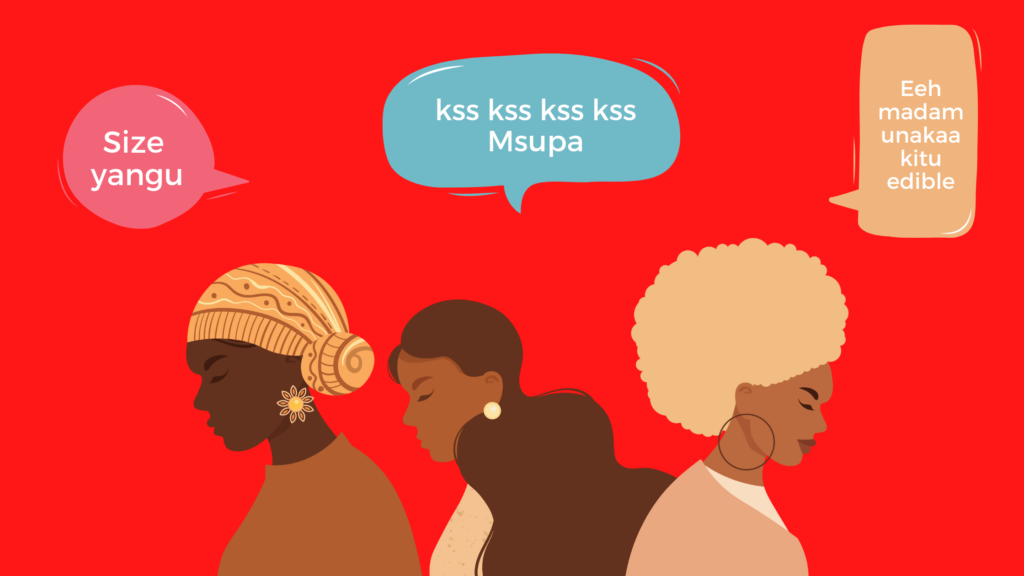
Economic empowerment of young people, particularly youth at risk is at the core of our organizations’ intervention. Throughout our different programs, we help “teach the youth how to fish” by training them on profitable skills like beading, soap making, and ICT to create a sustainable source of revenue which is a key pathway to crime eradication.
Denzel Pius, a class 6 student from Migos Primary School is one of the children who has benefited from one of our skills training projects. His hope is that the money gotten from beads he makes and sells will support his parents in financing his academics.
Denzel is a representation of all the children who have benefited from the bead-making sessions conducted through Kamakowa Jam Taka CBO, one of the youth partner groups in Kisumu.
“When we first started the bead-making training over two years ago we were unable to sustain the project bringing it to a halt. As a young CBO, we lacked the finances to fund the project. We had to sort out for help. This is when we approached Crime Si Poa (CSP) who supported us immensely,” said Isaiah Adhiambo, Kamakowa Jam Taka leader.
According to Bilha Achieng, Kamakowa Jam Taka’s secretary, since the intervention of CSP, last year the group successfully revamped the bead-making sessions, conducting two sessions a week consistently.
“So far we have trained about 20 children between the ages of 4 and 11 years on bead-making. This has helped young people not only learn skills and earn a living but also avert crime and being in conflict with the law,” said Bilha.
Roselyn Achieng Opiyo a resident of Kamakowa and a mother to one of the beneficiaries could not hold back her gratitude for the impact the project has had on her son. Revealing that, raising a child in the slums is challenging enough, more so for a male child. The sessions not only keep her son occupied but also made him learn a profitable skill.
“I’m very happy to see my son making these beads and my only hope is that this new skill will eventually pay off financially as it’s much needed,” added Roselyn.
The group leader further stated that the funds gathered from the project are banked in our account and are mostly used in case of an emergency involving a child or offer support to vulnerable children or help pay for their school fees.
“ So far we have not raised much. Our goal is to centralize the selling of the beads and look for a bigger market so that we can effectively support the children,” concluded Isaiah.






















